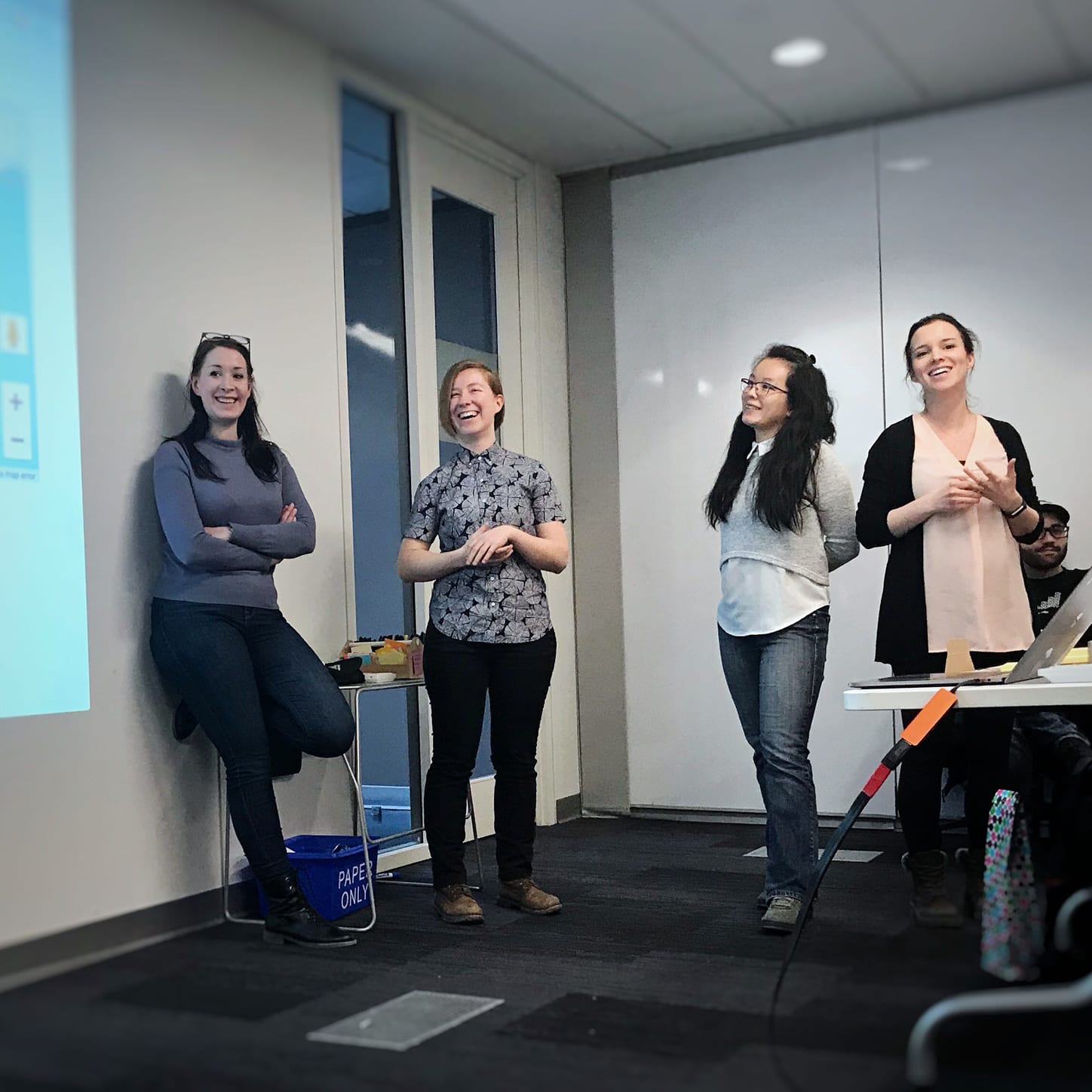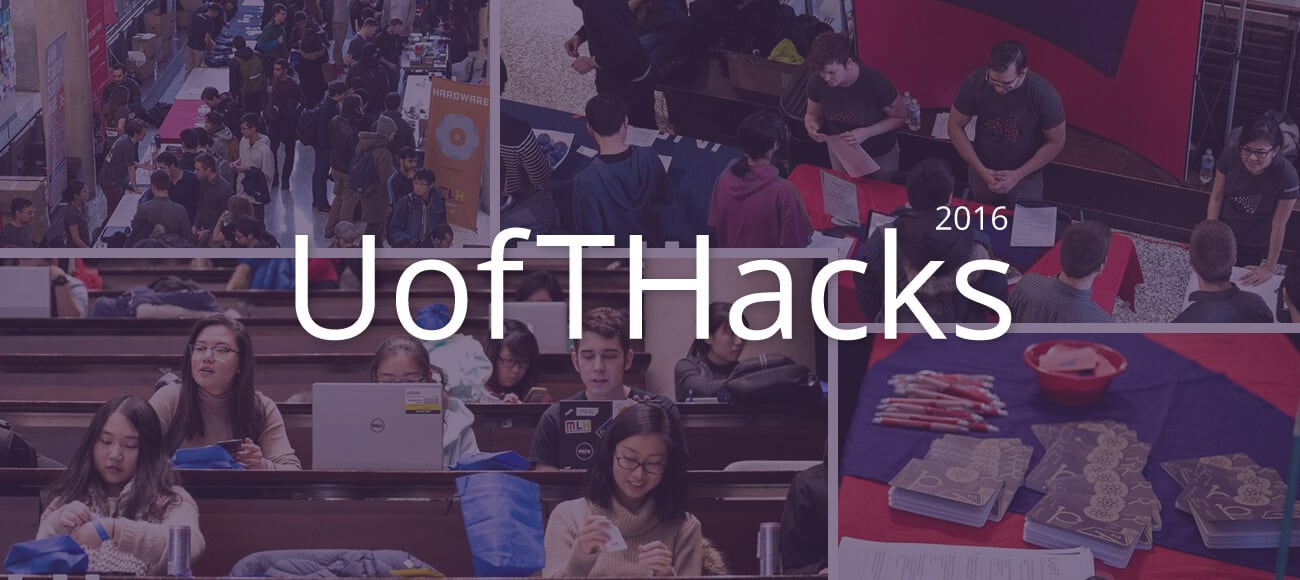Emily Porta

Bridge is a federally-incorporated not-for-profit organization. It brings together people who believe we can and should remove barriers that prevent members of underrepresented and underestimated groups from participating fully and equally in the technology industry.

It’s January, and that means New Year’s resolutions, that time of year when our best intentions--improve our lives, pick up that new hobby, and learn that new skill--last for a few weeks before real life gets in the way. As a Scrum Master at Rangle, I’ve been thinking a lot over the past few weeks about how I can take what I practice at work every day to help others achieve their project and team goals and apply those concepts to bettering myself in 2018. Luckily, there are lots of concepts that I can take from the Agile project management philosophy to make a series of resolutions that have a much greater chance of sticking than “I’ll go back to the gym...at some point...somehow.” Here are some simple concepts you can draw on to help you follow through with your goals in 2018:

A common refrain in tech companies today is: “I’d love to hire her, but she’s just not at the level we need.” This sometimes reflects a double standard, but not always. The reality is that while more women are taking up programming, many are often self-taught or graduates of code school bootcamps. They’re entering the workforce with drive and talent, but without the technical and professional support that’s much needed by employees who are not only new to the industry, but actively marginalized within it.

A few weeks ago Rangle had the privilege of being the first official Women in Software Sponsor for UofT Hacks, a student-run hackathon with over 500 participants chosen from thousands of applicants. The event was a huge success, with Rangle participating in the career fair, as mentors for the students, gathering feedback from students on their experience in the industry so far, and holding an entirely woman organized, led, and staffed professional development panel. Our ultimate goal was to find out more about what the computer science student experience is like, and through that, how we can help foster success with new graduates - especially those who identify as women.
